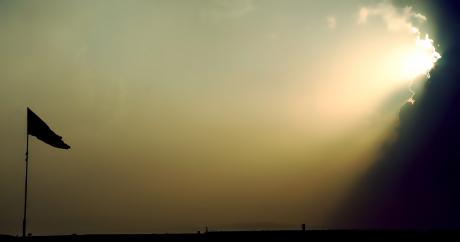Between Historiographies of Finitude and Appropriation of the Annales School: The “National Question” in Post-1945 Croatian Intellectual History
Between Historiographies of Finitude and Appropriation of the Annales School: The “National Question” in Post-1945 Croatian Intellectual History
Author(s): Lucija BalikićSubject(s): Political history, Contemporary Philosophy, Nationalism Studies, WW II and following years (1940 - 1949), Post-War period (1950 - 1989), Philosophy of History
Published by: SAV - Slovenská akadémia vied - Historický ústav SAV
Keywords: Croatian historiography; intellectual history; contemporary history; Annales School;
Summary/Abstract: The present article outlines the main trends in post-1945 Croatian intellectual history writing, with special attention paid to the unique dynamics of the reception and influence of the Annales school, plus other external historiographical trends dominant in “Western” historiographies of the time. Moreover, the intellectual history was oftentimes written from a teleological perspective, culminating in either the people’s liberation struggle (narodnooslobodilačka borba) and socialist revolution, or in the making of an independent Croatian nation-state, whereby numerous ideologies were fashioned to fit these two goals. In contrast, a more self-reflexive and open-ended intellectual history inspired by the Annales School opposed these type of schemes. Nevertheless, both historiographical traditions of the period primarily grappled with the so-called national question and the historical interplay between the Yugoslav and Croatian national movements and ideologies, debating the intellectual and social origins of the former from a zero-sum perspective, while attempting to alienate the latter from the projects of Yugoslavism and socialism in the period after the wars of the 1990s. Using primarily the example of Mirjana Gross and her treatment of the ideology of rightism (pravaštvo) together with the polemics she developed with other historians about its morphology and relevance for the development and content of Croatian nationalism, the article demonstrates the aforementioned argument about historiographical trends and debates, as well as their notable transformations in the given period.
Journal: Forum Historiae. Časopis a portál pre históriu a príbuzné spoločenské vedy
- Issue Year: 16/2022
- Issue No: 1
- Page Range: 88-104
- Page Count: 17
- Language: English

